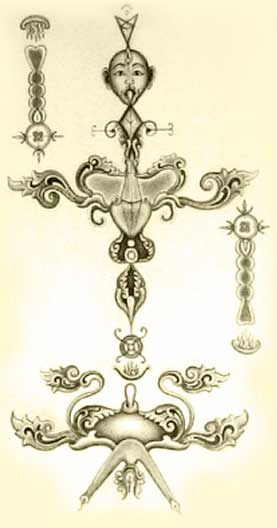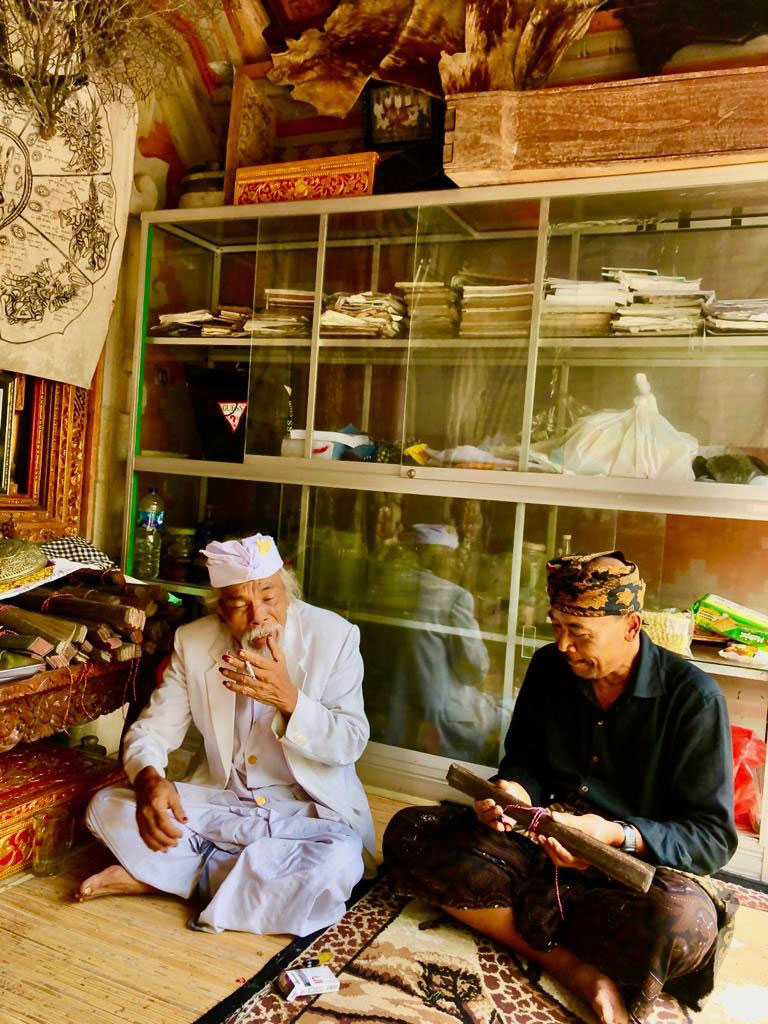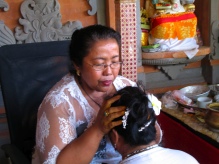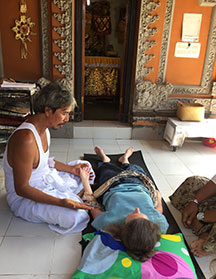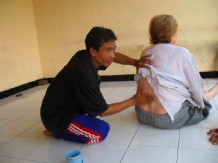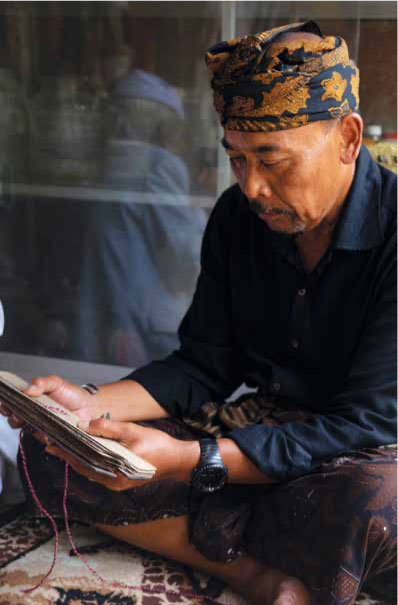
As the son of a Balinese priest, I Made Suryasa developed a keen interest in Bali’s sacred and religious fields from a young age. He learned to read the old Javanese language, Kawi, as well as Sanskrit, both used in ancient texts. Thus, he became a senior research assistant for several scholarly books, has been a contributor to Hinduism Today, and studied with one of Bali’s most renowned healers for 15 years.
“Balinese healing is complex,” he says. “Visiting the wrong type of balian can lead to some serious disappointment.” Pak Surya, as he is better known, has led traditional healing journeys to Bali since 1986, helping visitors find the right path based on their ailments. His fluent command of Balinese, English and Indonesian has helped to facilitate these more clandestine circles. Importantly, he is selective in the balians he takes his guests to.
“Balians are traditional doctors, and like doctors there is a code of ethics in their practice,” says Pak Surya. “For many balians, it is a calling they must answer. Many come from average backgrounds — farmers, guides, accountants — and many enjoyed their previous life, sometimes more. So learning the ethics of their ‘gift’ is most important. It’s about training the intention. Power in the wrong hands can become a weapon.”
He isn’t wrong. There are balian panengen, good balian, and the balian pangiwa, the ‘bad’ balian. The latter are referred to as those who have veered off path and whose services involve sending sicknesses rather than curing them.
There are some worries. Having worked within the field for a long time, Pak Surya has seen many of his old friends pass on to the next world. Those left are ageing, and the younger generation seem to lack the patience to become respected balian.
Instead, many Balinese have adopted new-age practices to appeal to the growing demand for wellness in Bali, an industry in which everything from kundalini awakening and cacao ceremonies and breathwork can be found. Bali’s healing ‘brand’ has certainly helped to promote these experiences, but many of these are foreign influences, sadly overshadowing what is considered ‘real’ Balinese healing.
Practical notes on visiting a balian:
This is best done with a facilitator, such as I Made Suryasa. Some balians are only available on certain days (Jero Balian Wayan is visited on ‘hari kliwon’ after 4pm). We recommend dressing appropriately (sarong and sash) out of respect, and it is customary to present a donation at the end of consultation, placed on a canang sari offering.
For more information:
- I Made Suryasa: balihealers.com
- Tjok Gde Kerthyasa: tirtausada.com

